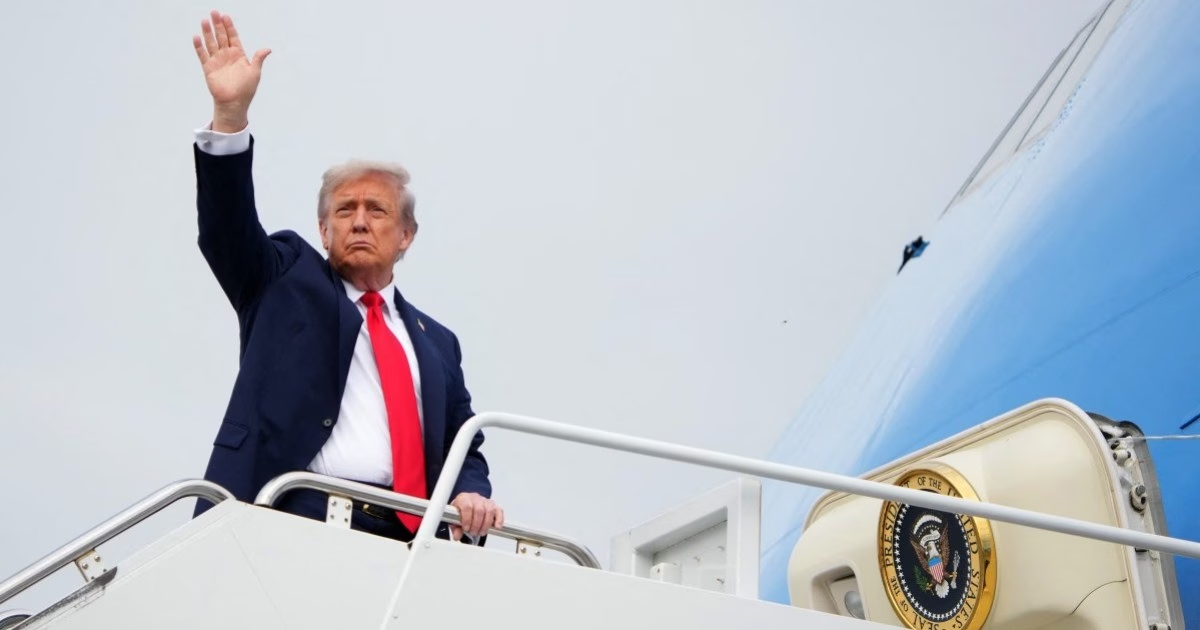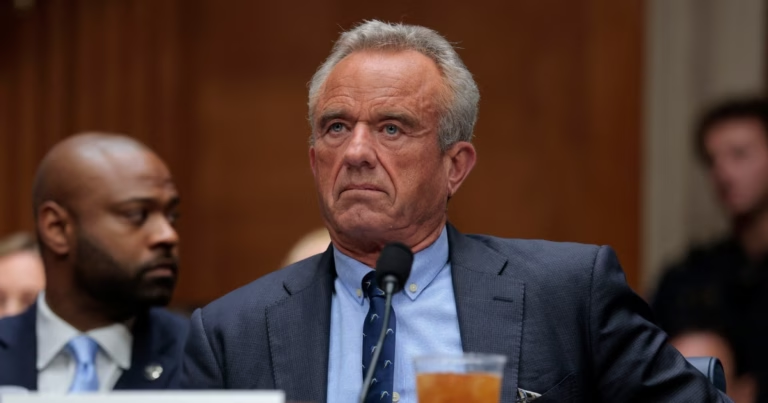Trump’s investments include Meta, Wells Fargo, Morgan Stanley, Citigroup, and T-Mobile, according to filing.
United States President Donald Trump has made financial investments worth more than $100m in company and municipal bonds since his return to the White House, as disclosed in financial filings. This information provides insight into how the billionaire manages his wealth while in office.
The filings released by the US Office of Government Ethics on Wednesday detail nearly 700 financial purchases made by Trump from his inauguration on January 21 to August 1.
These purchases include bonds issued by prominent financial institutions such as Wells Fargo, Morgan Stanley, and Citigroup, as well as bonds from well-known companies like Meta, UnitedHealth, T-Mobile, and The Home Depot.
Additionally, Trump’s investments in municipal bonds cover various projects in several US states, including Texas, Florida, and New York. These investments span areas such as hospitals, schools, airports, ports, and gas projects.
The documents do not disclose the specific value of each transaction, only indicating broad ranges such as $100,001-$250,000 and $1,000,001-$5,000,000.
Trump did not report any sales during this period.
Bonds are a type of fixed-income investment where an individual loans money to a government authority or company in exchange for a specified rate of interest.
The White House has not yet responded to a request for comment, but administration officials mentioned that Trump and his family were not directly involved in these transactions.
According to legislation passed in 1978 after the Watergate scandal, US presidents are required to disclose a broad accounting of their finances but are not obliged to divest from assets that could potentially raise conflicts of interest.
Trump has chosen to deviate from the tradition set by previous presidents who either established blind trusts or committed to investing in diversified mutual funds upon taking office. Instead, Trump transferred control of his business empire to a trust managed by his children.
Government ethics experts have raised concerns for years about the potential conflict of interest between Trump’s governance and his personal wealth.
Richard Painter, who served as the chief White House ethics lawyer in the administration of former President George W Bush, observed that Trump’s bond investments would likely increase in value if the Federal Reserve lowers interest rates as he has advocated for.
Painter stated, “When interest rates go down, bond prices go up. No wonder he’s leaning on the Fed for a rate cut!”
While the exact net worth of Trump is unclear, the Bloomberg Billionaires Index estimated the US president to be worth $6.4bn last month.
The filings released by the US Office of Government Ethics on Wednesday detail nearly 700 financial purchases made by Trump from his inauguration on January 21 to August 1.
These purchases include bonds issued by prominent financial institutions such as Wells Fargo, Morgan Stanley, and Citigroup, as well as bonds from well-known companies like Meta, UnitedHealth, T-Mobile, and The Home Depot.
Additionally, Trump’s investments in municipal bonds cover various projects in several US states, including Texas, Florida, and New York. These investments span areas such as hospitals, schools, airports, ports, and gas projects.
The documents do not disclose the specific value of each transaction, only indicating broad ranges such as $100,001-$250,000 and $1,000,001-$5,000,000.
Trump did not report any sales during this period.
Bonds are a type of fixed-income investment where an individual loans money to a government authority or company in exchange for a specified rate of interest.
The White House has not yet responded to a request for comment, but administration officials mentioned that Trump and his family were not directly involved in these transactions.
According to legislation passed in 1978 after the Watergate scandal, US presidents are required to disclose a broad accounting of their finances but are not obliged to divest from assets that could potentially raise conflicts of interest.
Trump has chosen to deviate from the tradition set by previous presidents who either established blind trusts or committed to investing in diversified mutual funds upon taking office. Instead, Trump transferred control of his business empire to a trust managed by his children.
Government ethics experts have raised concerns for years about the potential conflict of interest between Trump’s governance and his personal wealth.
Richard Painter, who served as the chief White House ethics lawyer in the administration of former President George W Bush, observed that Trump’s bond investments would likely increase in value if the Federal Reserve lowers interest rates as he has advocated for.
Painter stated, “When interest rates go down, bond prices go up. No wonder he’s leaning on the Fed for a rate cut!”
While the exact net worth of Trump is unclear, the Bloomberg Billionaires Index estimated the US president to be worth $6.4bn last month.







